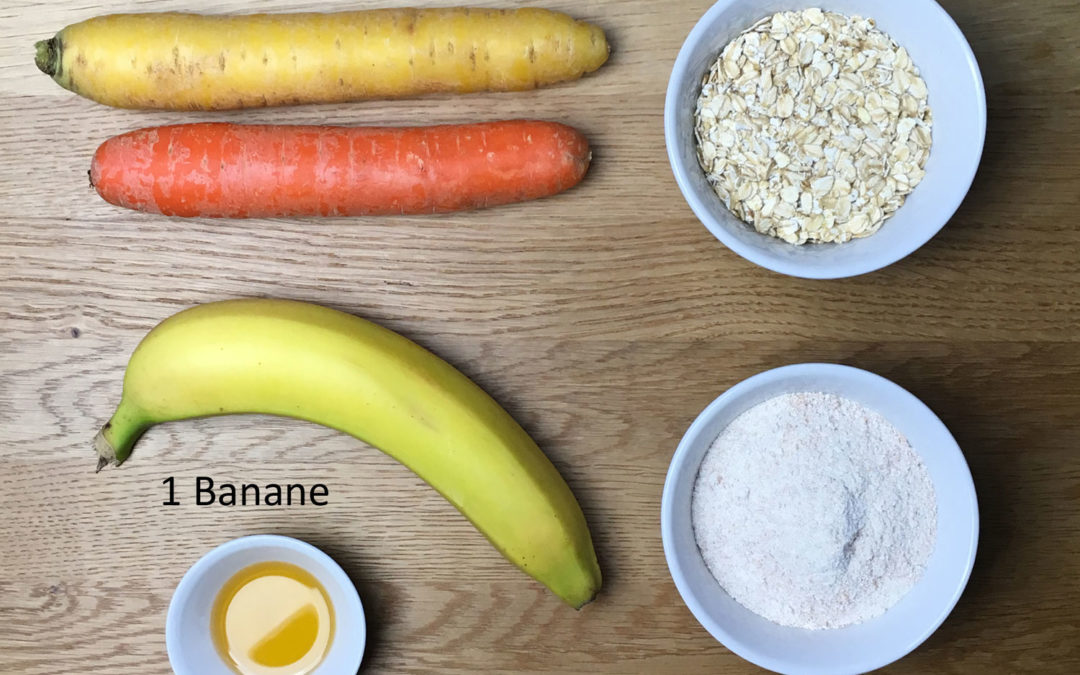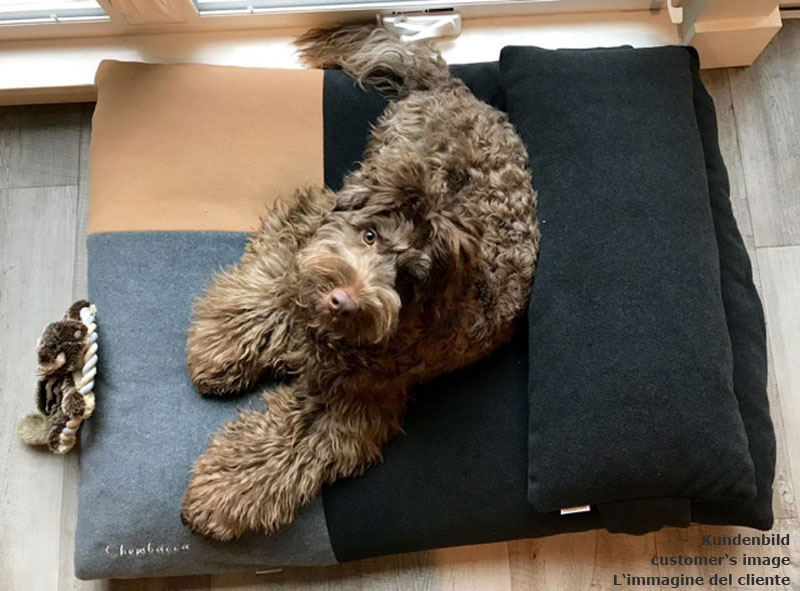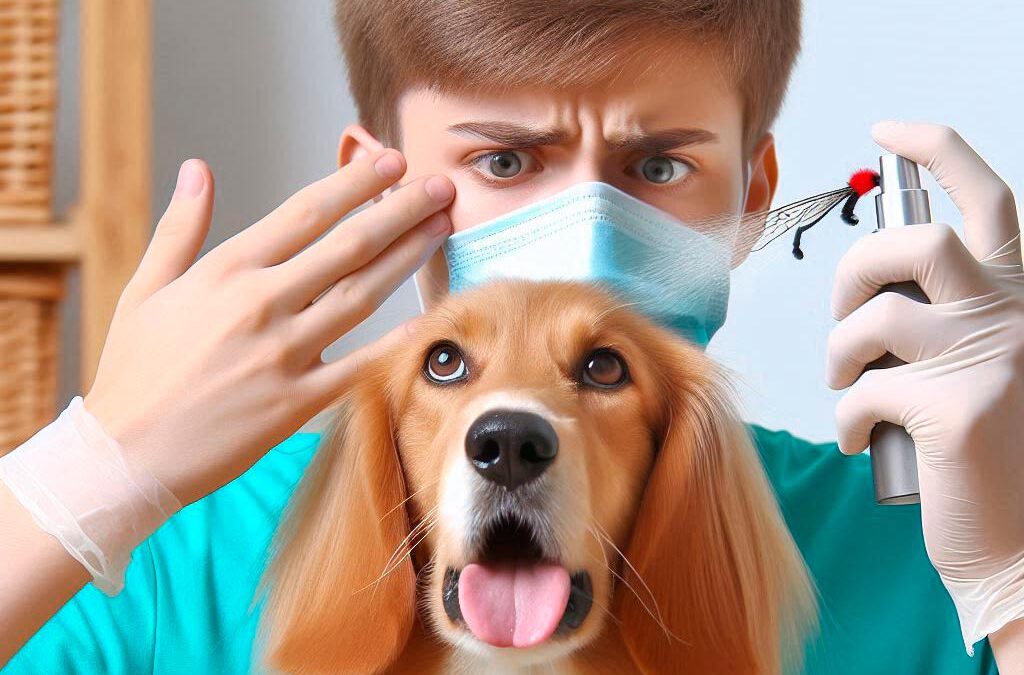
Puppies explore their environment with their mouths and are particularly prone to chewing a plant that is poisonous to them.
Many dog owners are not aware of how many plants in our immediate vicinity are poisonous to dogs. A large number of plants in our living space, in the garden and in the wild pose a medium to high risk of poisoning for our pets. The health risk can be very high, especially for puppies who explore their environment with their mouths and teeth. With our article we will inform you about plants that are poisonous to dogs, the most common symptoms of poisoning and emergency measures in the event of plant poisoning.
How can dogs ingest poisonous plants?
- the dog chews up a poisonous plant (flowers, stem and/or root) and absorbs the poison through the oral mucosa
- the dog swallows poisonous plant parts
- the dog has skin contact with the plant poison, e.g. the contact poison of the meadow hogweed, aconite
- the dog inhales poisonous pollen, which is rare
Information for puppy owners
When a puppy moves in, all plants must be scrutinised. Due to their curiosity and tendency to explore new things with their mouths, all houseplants within reach of the young dog must be checked for their safety. Please do not take any risks and remove all plants that are poisonous to dogs from your living area.
You can find out how to stop your puppy from chewing on objects here.
Plants poisonous to dogs
We have compiled a list of plants that are poisonous to dogs. The list includes house and garden plants that are poisonous to your four-legged friend. We cannot guarantee that the list is complete. In particular, new varieties are constantly coming onto the market that may be poisonous to your pet. If you are unsure whether a plant is poisonous to dogs or not, it is better to remove it and not take any risks.
Download list of poisonous plants
A note on mushrooms
The effect of mushrooms on dogs has not yet been sufficiently researched and is therefore generally not permitted for dogs. What is considered digestible for humans is not necessarily true for dogs. This is shown by the example of chocolate. The active ingredient theobromine contained in chocolate can cause severe poisoning in dogs. As a precaution, remove all mushrooms from your garden.
The dog has poisoned itself
If you see your dog chewing on a poisonous plant, take it away immediately. Offer him a better alternative, a treat, sausage or, if necessary, a steak to swap the “prey”. Telephone your vet immediately to discuss whether you can take emergency measures, such as giving him charcoal tablets. Take the remaining plant parts with you to the vet. They will help you to identify the poison and the countermeasures to be taken immediately.
Symptoms of plant poisoning
- Apathy shortness of breath
- Severe and/or bloody diarrhoea
- Blood in the urine
- vomiting with or without blood
- profuse salivation
- cramps
- tremors
- coordination problems, staggering, falling down
- Pale or blue discoloured oral mucosa
- Palpitations, cardiac arrhythmia, increased heart rate
- Shock symptoms
- Fainting
Transport to the veterinarian
Contact the vet first. Make sure that the practice is open. If your dog is able to walk itself, you should leave it alone. If the effects of the toxins weaken the dog’s circulation and cause the body temperature to drop, keep the animal warm with a blanket. If your dog has convulsions, you must transport it in such a way that it cannot injure itself. If you have no means of transport to the vet and the dog is in danger of dying, call the fire brigade (emergency number 112) and ask for help.
Important information for the vet
The vet needs to know which poisonous plant your dog has ingested. Bring a sample of the poisonous plant with you, if available. It is also important to know when the plant was ingested. What symptoms and behavioural abnormalities does your dog show and how much of the poisonous plant did your dog ingest?
Switzerland, Zurich: Tox Info Suiss
Poison control centre: +41 44 25 15 151
Telephone: +41 44 25 16 666
E-mail: Info [AT] toxi [DOT] ch
Web: toxinfo.ch

Make your own dog cookies
Baking cakes and tarts isn’t exactly my passion. But making dog cookies yourself is a joy. …

Labradoodle Chewbacca
We just received the dog bed from pet-interiors for our 14-month-old Australian Labradoodle Chewbacca…

Allergy-friendly dogs – which breeds are suitable?
The dream of having a dog doesn’t have to be over for allergy sufferers. There are allergy-friendly dogs that have a low allergy potential and can be kept in an allergy-prone household. …

Which dog is right for me?
It’s finally vacation time! The best time of the year is best spent with the whole family, and a dog is a must. …



